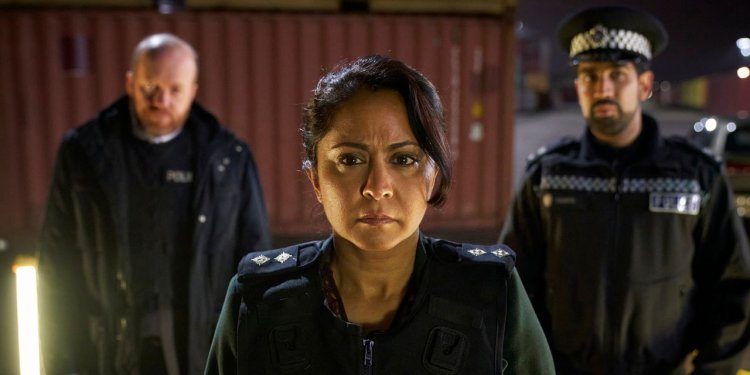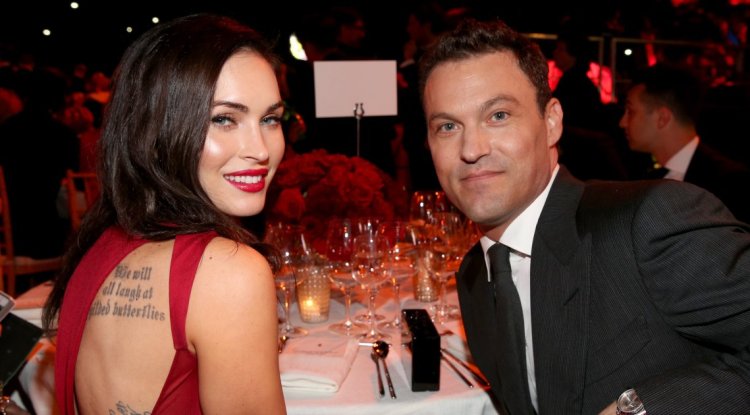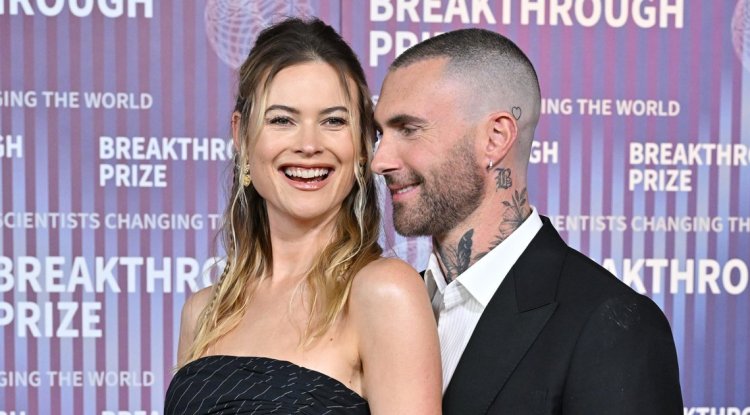‘D.I. Ray’ Review: Policing One’s Own
Parminder Nagra stars as a British and South Asian officer recruited to investigate ‘culturally specific homicides’ in this four-part series Steve Oram, Parminder Nagra and Maanuv Thiara Photo: HTM (DI RAY) Ltd. By John Anderson July 6, 2023 5:53 pm ET In his new book, “The Italian Squad: The True Story of the Immigrant Cops Who Fought the Rise of the Mafia,” reporter-historian Paul Moses writes about the NYPD officers who fought the extortion racket known as the Black Hand during the early part of the 20th century—and did so from a position of ethnic familiarity. Immigrants fighting immigrants, Italians battling Italians, crime fighters operating from within the community that was being preyed upon.


Steve Oram, Parminder Nagra and Maanuv Thiara
Photo: HTM (DI RAY) Ltd.
In his new book, “The Italian Squad: The True Story of the Immigrant Cops Who Fought the Rise of the Mafia,” reporter-historian Paul Moses writes about the NYPD officers who fought the extortion racket known as the Black Hand during the early part of the 20th century—and did so from a position of ethnic familiarity. Immigrants fighting immigrants, Italians battling Italians, crime fighters operating from within the community that was being preyed upon.
D.I. Ray
Begins Sunday, 10 p.m., PBS
The same strategy, or philosophy, proves to be a bone of contention in “D.I. Ray,” which joins the PBS Sunday lineup of English detectives (“Ridley” in progress, “Endeavour” concluded) and stars Parminder Nagra (“ER,” “The Blacklist”) as the title constable-in-conflict. In the opening moments of this four-part series, Rachita Ray, a member of the Metro Police “response” team, confronts and verbally disarms a knife-wielding lunatic who has already wounded one officer; she prevents his death and receives a commendation.
“It could have been an attempted terrorist attack,” says a superior. “You just never know with these types.” Rachita is the same type—South Asian. Which makes her “just what we need” as she is promoted into the newly created world of “CSH”—culturally specific homicides.
As Rachita, Ms. Nagra, whom most American audiences first met in “Bend It Like Beckham,” is one perpetually rankled detective inspector. “They all know I’ve been brought in to tick a box,” she tells her fiancé-to-be, fellow detective Martyn Hunter ( Jamie Bamber ), although the first case she is assigned does bear all the hallmarks of an honor killing: A Muslim man named Imran, who had been dating a young Hindu woman, Anjuli Kapoor (Lucky Sanghera), is found stabbed to death; her brothers, Kabir (Manpreet Bachu) and Navin (Ryan McKen), immediately fall under suspicion. Rachita is not convinced. Not about the Kapoors. There’s something larger and even more nefarious, she senses, about Imran’s premature demise.
More Television Reviews
- ‘The Out-Laws’ Review: Brosnan, Barkin, Bandits and Banks July 7, 2023
- ‘Moonshine’ Review: CW’s Knockabout Nova Scotia Dramedy July 4, 2023
- ‘Human Footprint: Strangers in Paradise’ Review: When Man Meddles July 4, 2023
- ‘Tom Clancy’s Jack Ryan’ Season 4 Review: John Krasinski’s Final Mission June 29, 2023
Miss Marple and Jane Tennison (“Prime Suspect”) are among the not-so-numerous female detectives featured in imported British TV mysteries; Cordelia Gray, whom P.D. James featured in only two of her novels, is another notable female sleuth. (“An Unsuitable Job for a Woman” was adapted twice.) The fact that they are women can be an advantage or a disadvantage as they go about cracking cases, but the hero of “D.I. Ray,” the original creation of writer Maya Sondhi, seems intended even less as a source of investigative brilliance than a target of sexism, racism and general cluelessness. Some of the solutions to problems faced by her and her crew of investigators—Kwesi Edmund ( Peter Bankolé ), Clive Bottomley ( Steve Oram ), Carly Lake (Jessica Temple) and Liam Payne (Sam Baker-Jones)—are rather elementary; her boss, Kerry Henderson ( Gemma Whelan ), is the classic unsupportive woman who should be backing up Rachita and isn’t. They all tick their own boxes.
The one amusing soul is police sergeant Tony Khatri (Maanuv Thiara), who is brought in to help Rachita in her negotiations with the Indian community, and even with the suspects she tries to clear of the Imran murder. (The irascible Navin calls her a “coconut,” the meaning of which seems pretty clear.) Tony speaks Hindi, Urdu and Punjabi; Rachita got a C in high-school Spanish. She may not be quite the conduit into South Asian culture that the department is seeking, but she does have an innate skepticism about the presumed guilty. That gives something of a kick to “D.I. Ray,” even if its principal agenda seems more about resentment than detection.
What's Your Reaction?






















